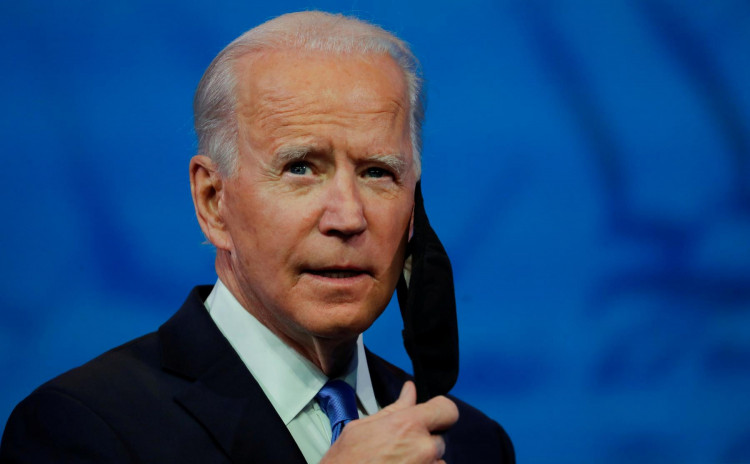The Biden administration has rolled out the strongest-ever federal pollution standards for heavy-duty trucks and buses, a move that has been met with both support and criticism from various stakeholders. The Environmental Protection Agency (EPA) estimates that the new rules, which cover a wide array of vehicles from city buses to 18-wheelers, will cut 1 billion tons of planet-warming pollution by 2055.
"I'm so proud to announce that EPA is finalizing the strongest national greenhouse gas standards for heavy-duty vehicles in history," said EPA administrator Michael Regan during a press briefing. The rules, which apply to manufacturers and are technology-neutral, are expected to push the industry toward zero-emission technology, with battery-powered vehicles being the most likely choice for compliance.
Public health and environmental advocates have celebrated the move as a boost to zero-emission trucks and a significant step towards addressing both carbon emissions that drive climate change and the soot and smog that directly harm human health. "On behalf of everyone who breathes, thank you," said Paul Billings of the American Lung Association during the EPA press briefing.
However, some trucking organizations have criticized the rules as unfeasible given the current infrastructure. The American Bus Association said it supports climate initiatives that "gradually" move the U.S. toward a cleaner environment but called the EPA's rules a "forced march towards electric vehicles" that could potentially double equipment costs for the motorcoach industry.
Todd Spencer, president of the Owner-Operator Independent Drivers Association, expressed concerns that the administration appears "more focused on placating extreme environmental activists who have never been inside a truck than the small-business truckers who ensure that Americans have food in their grocery stores and clothes on their backs."
The oil industry has also vowed to challenge the rules in court, with the leaders of the American Petroleum Institute and the American Fuel & Petrochemical Manufacturers stating in a joint statement, "This misguided rule should be overturned by Congress, but short of that, our organizations are prepared to explore challenges in court."
Despite the criticism, the EPA maintains that the net benefits to society are worth $13 billion per year, including health benefits, climate benefits, and net savings to truck operators. The agency has adjusted the final rule to kick in more gradually in the next few years and become more stringent in the early 2030s, taking into account the challenges faced by different types of heavy-duty vehicles.
While battery-powered vehicles can handle shorter, consistent routes, long-haul trucking remains a significant challenge. The EPA predicts no significant sale of zero-emission sleeper cab trucks until 2030, and even then, they would be a small fraction of the market. Trucks that travel shorter routes, meanwhile, would be expected to shift toward zero-emission models faster.
The trucking industry's response to the new rules has been mixed. Some large public companies that operate large fleets of trucks, like Amazon and DHL, have publicly embraced zero-emission trucks as part of their climate targets and pushed for even more stringent rules. On the other hand, the American Trucking Associations, which represents trucking companies, has expressed opposition to the rule in its current form, citing concerns about the impact on their bottom line.
Truck manufacturers, who are directly regulated by this rule, have invested billions of dollars in making zero-emission vehicles and have publicly set targets for zero-emission vehicle sales. However, they emphasize that they cannot control how quickly charging infrastructure gets built out. "We cannot afford a scenario where manufacturers must sell zero-emission vehicles, but fleets won't purchase them because there's no infrastructure in place to operate them," said Jed Mandel of the Engine Manufacturers Association.
As the debate continues, the Biden administration remains committed to its goal of reducing transportation emissions and improving public health. White House national climate adviser Ali Zaidi pointed to tax credits that can be used to defray the cost of buying clean commercial vehicles and highlighted the administration's efforts to replace diesel school buses and fund the replacement of public buses in some municipalities.
The EPA's new rules for heavy-duty vehicles represent a significant step towards a cleaner future, but the path to widespread adoption of zero-emission trucks and buses is not without its challenges. As the trucking industry, environmental advocates, and policymakers navigate this complex landscape, the success of these regulations will depend on a collaborative effort to address the concerns of all stakeholders while prioritizing the health and well-being of communities and the planet.






